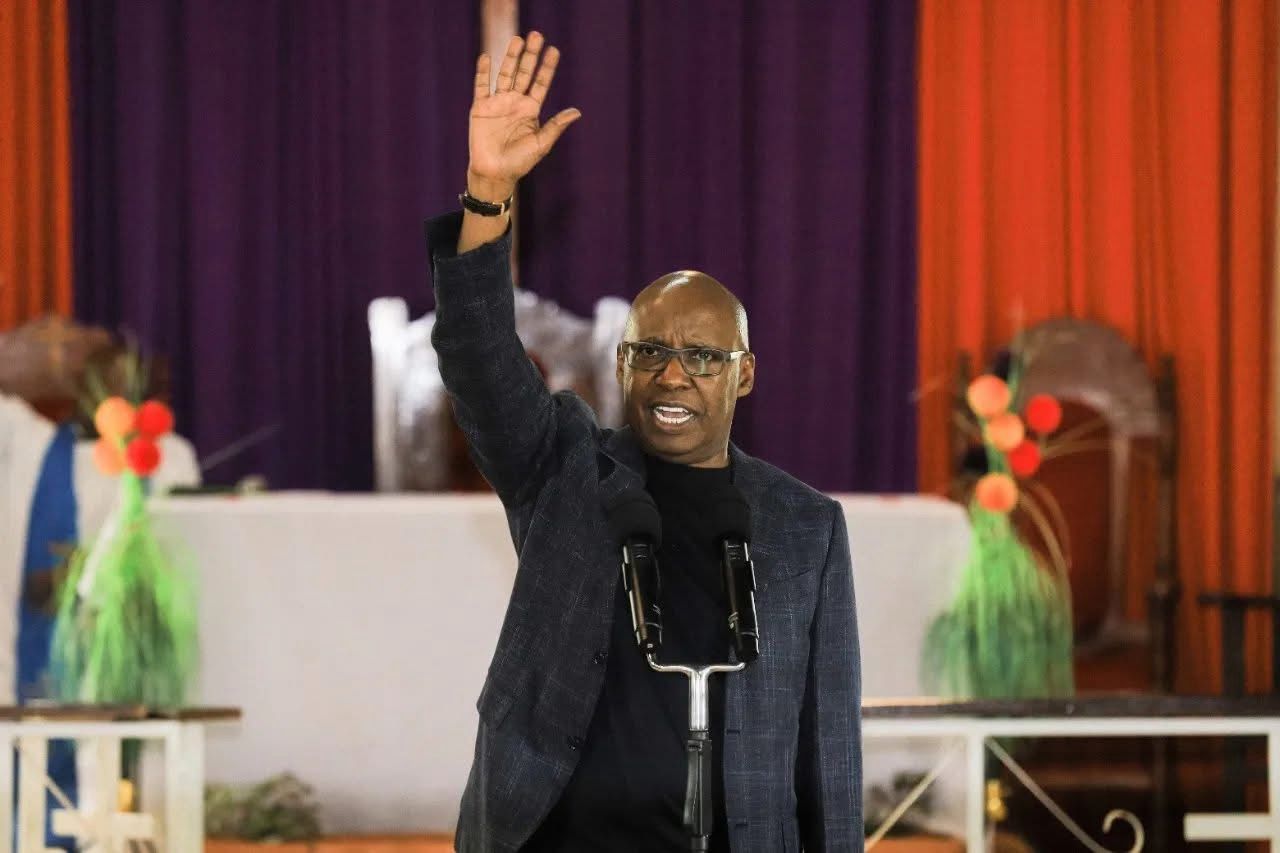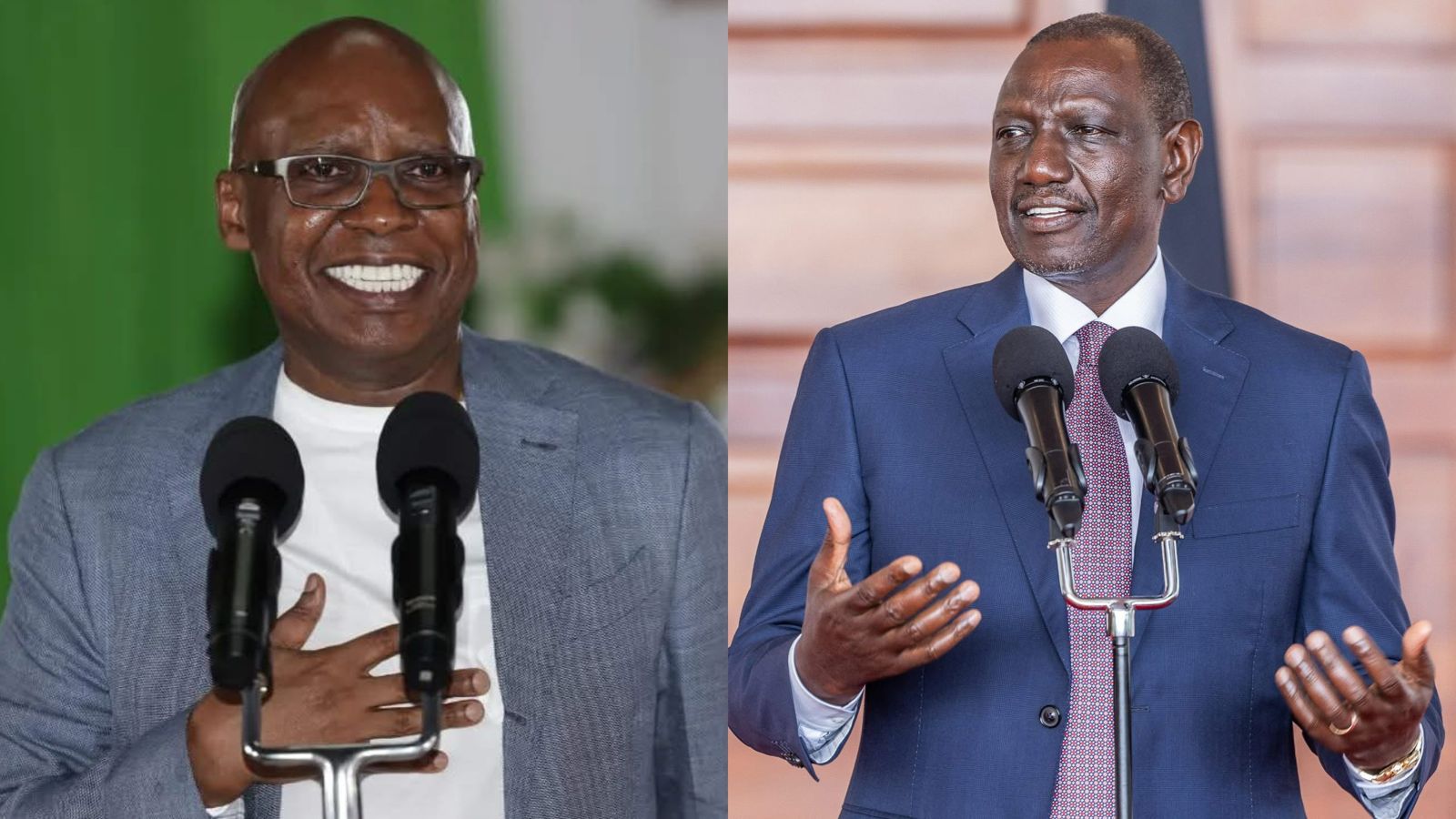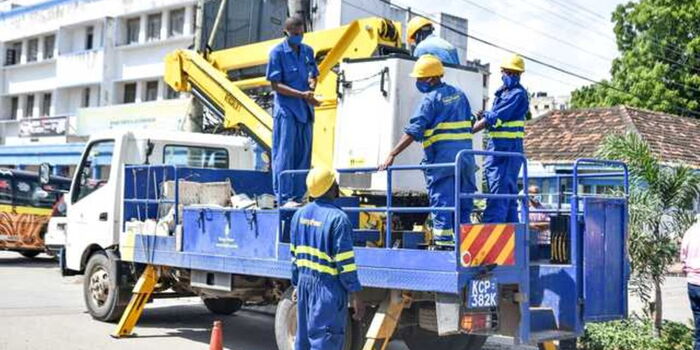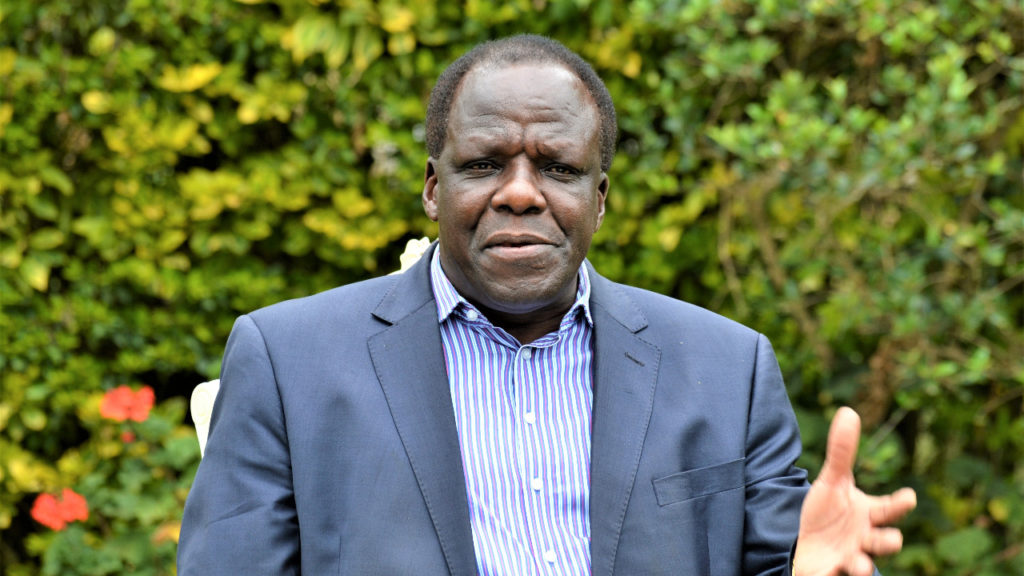Businessman Jimi Wanjigi has called for an early general election in Kenya, stating that the country is in a critical period that demands urgent political and economic reforms.
Speaking in an interview on Sunday, April 20, Wanjigi insisted that the time has come for Kenyans to demand economic justice and revolutionary change in leadership.
The businessman indicated that the movement would be assertive in pushing for change, even as he anticipates resistance.
“We are going to make sure that Kenyans understand that this is the period for economic justice. This is the period for that revolution. We are going to be very proactive and vocal, that I am sure he will raid us a million times and try to hurt us, because we are going to agitate where it hurts,” he noted.
Without divulging much information, Wanjigi said the move is aimed at fast-tracking the next general election, originally scheduled for 2027.
Read More
“We are trying to make sure that we bring this election next year and not in 2027, and when it happens, people should know why they are going to the ballot,” he added.

According to the Constitution, the president serves a five-year term and is eligible for a maximum of two terms in office.
Article 136 of the Kenyan Constitution states, "The President shall be elected by registered voters in a national election conducted in accordance with this Constitution and any Act of Parliament regulating presidential elections."
General elections in Kenya are held every five years, during which citizens vote for the president, Member of Parliament (MP), senator, woman representative, governor, and Member of County Assembly (MCA).
To win the presidency, a candidate must receive more than 50% of the total valid votes cast in the election.
Additionally, the candidate must receive at least 25% of the votes in a minimum of 24 of 47 counties; if no candidate meets these requirements, a runoff election is held between the top two candidates.
Notably, a sitting president can be removed from office in several ways, including impeachment.
A Member of the National Assembly can initiate the process by presenting a motion to impeach the president on grounds such as gross violation of the Constitution, committing a crime under national or international law, or gross misconduct.
If at least one-third of the Members of the National Assembly support the motion, it proceeds to a vote and if two-thirds of the National Assembly vote in favor, the matter moves to the Senate.
The Senate will then investigate the charges, and if two-thirds of the Senators vote to uphold them, the president is removed from office.
Another reason a president can be removed is due to incapacity; if the president is unable to perform the duties of the office due to physical or mental illness, a medical board can be appointed to assess the situation.
If the board confirms the incapacity and two-thirds of the National Assembly approve the findings, the president is removed from office.
The president can also choose to resign from office by submitting a written resignation letter to the Speaker of the National Assembly.
In the event of the president's death while in office, the deputy president automatically assumes the office for the remainder of the term.





